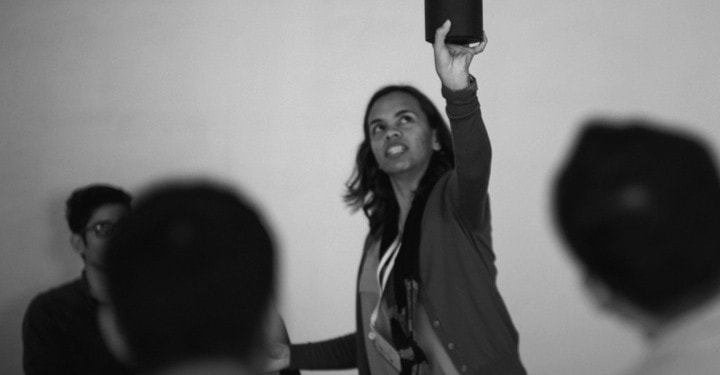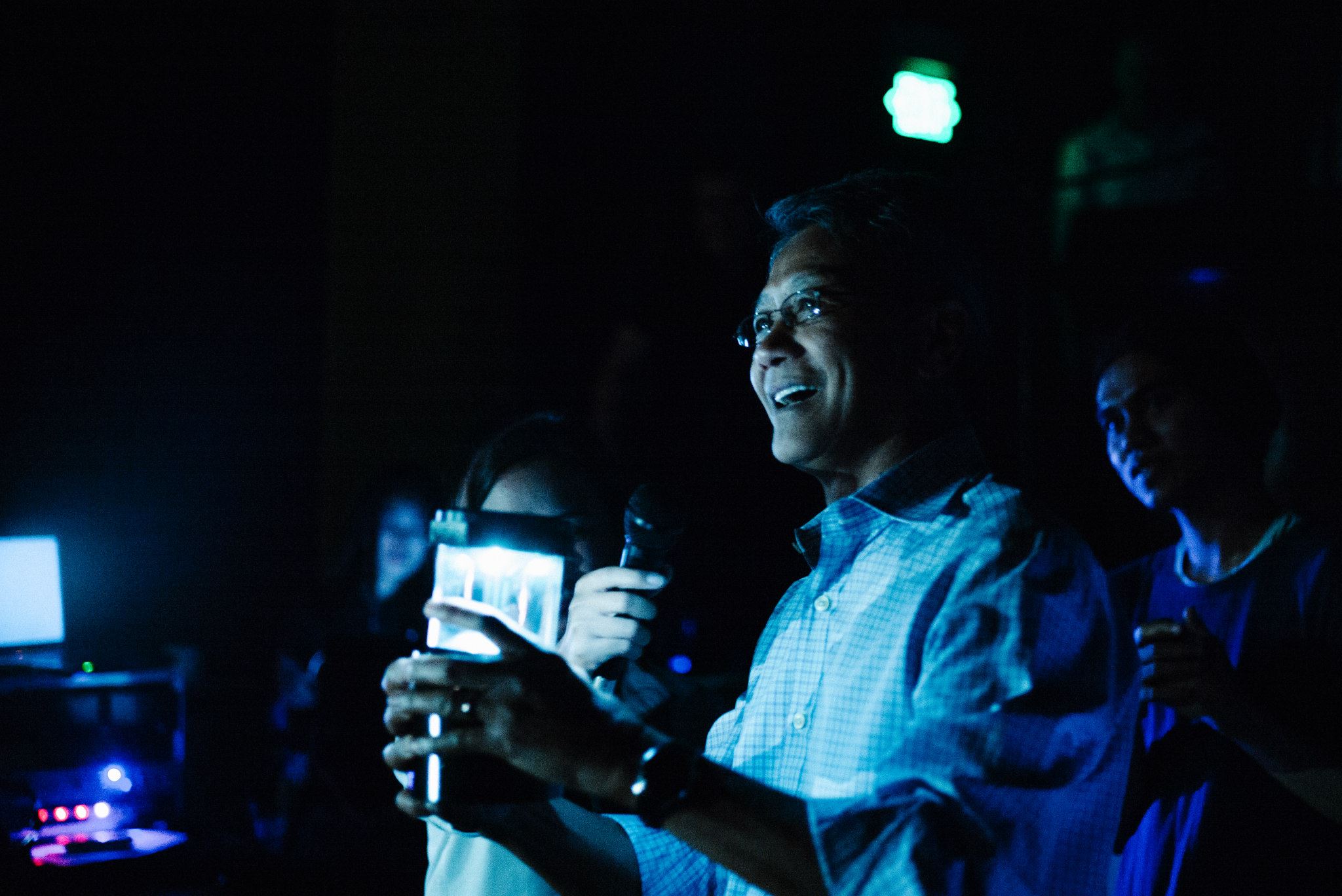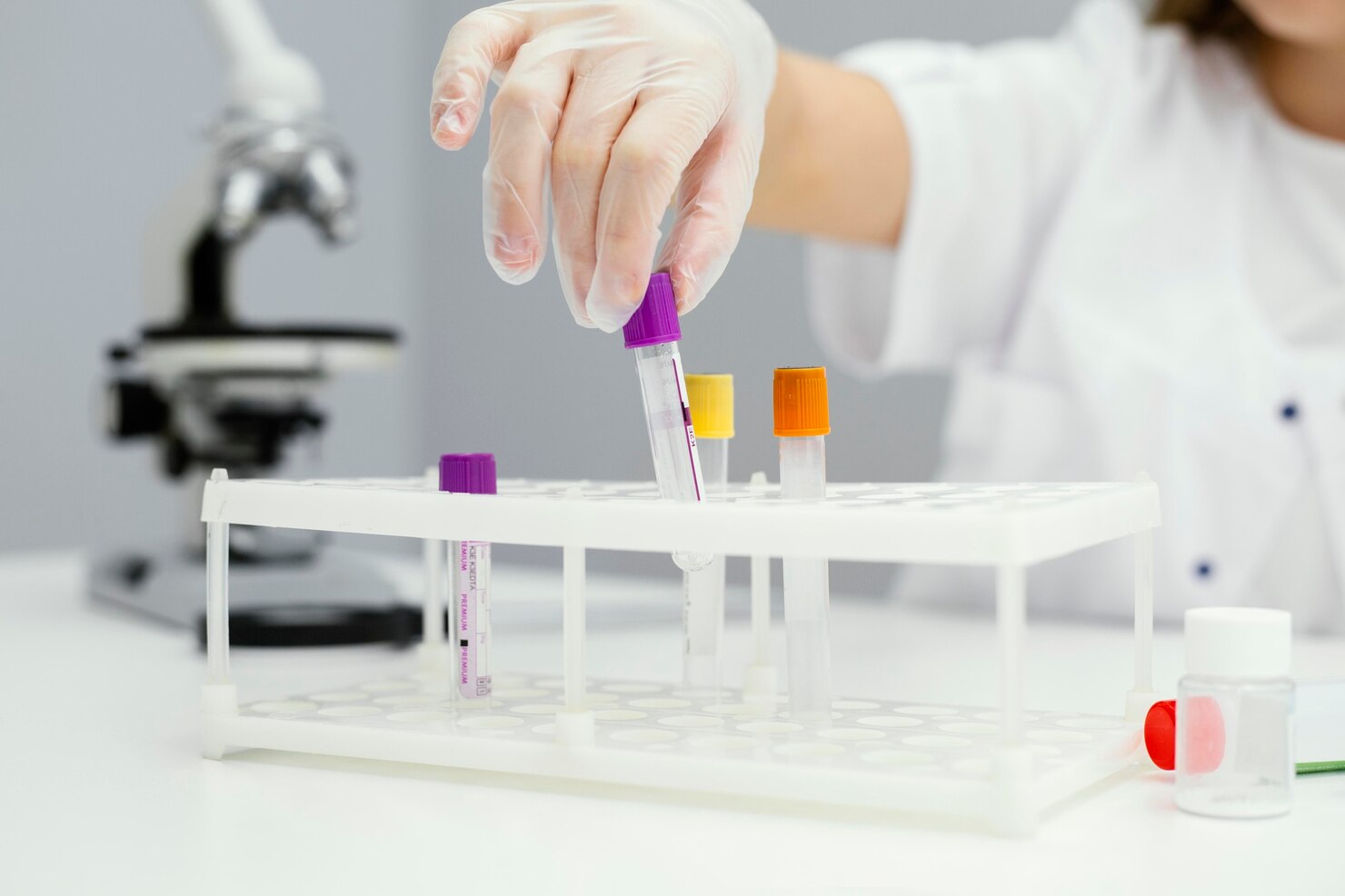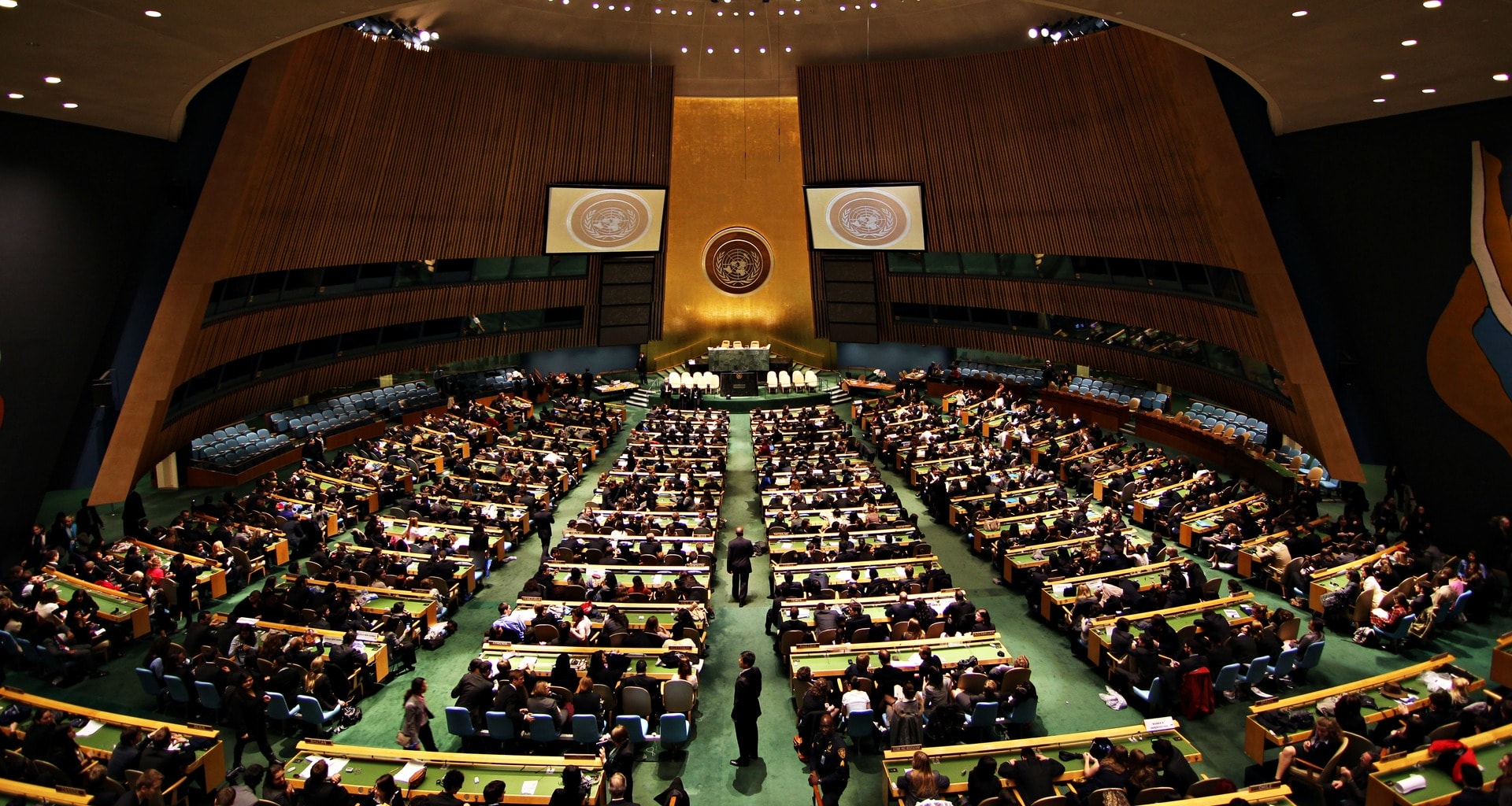Saltwater. Something very ordinary, perhaps even mundane but for Aisa Mijeno, it is a way to generate energy and provide an alternative source of light to remote communities in the Philippines. Together with her brother, Raphael, they founded SALt or Sustainable Alternative Lighting. She happily explained the concept of SALt with us and how she plans to create a social movement.
Describe the technology behind SALt and how it works.
Aisa Mijeno: SALt is based on metal-air technology where it consumes ambient air as cathode, metal anode and saline solution to create a chemical reaction. This generates enough power to light up LEDs and charge low-power mobile devices like cell phones.
 In the Photo: SALt lamp new design. Photo Credit: Aisa Mijeno
In the Photo: SALt lamp new design. Photo Credit: Aisa Mijeno
What makes SALt lamp environment-friendly and sustainable?
A.M: Our main focus is to replace kerosene lamps as the main source of lighting for rural areas in the Philippines. We have to do it strategically by adapting to the behavior of users; Kerosene lamps have been passed down from generation to generation. This is the reason why the pouring of liquid is deeply embedded into their way of life so it is hard to remove this kind of practice from their systems. We, therefore, only made minimal changes to the process so we can adapt it according to their behavior. Instead of pouring kerosene, you are pouring salt water; instead of lighting up a match, you are switching a button on and off.
We all know the dangers of kerosene lamps. It emits black carbon, which, if inhaled for an hour, is like smoking 40 cigarettes a day. SALt lamp is environmentally-friendly because of its non-combustion system and it reduces the carbon footprint drastically.
Video Credit: Aisa Mijeno
You co-founded SALt with your brother, Raphael. Were you both convinced by the idea straight away?
A.M: When I was working on the development of the product, I was completely convinced about the technology because I have always believed that the future of renewable energy lies in efficient energy storage. We have all the means to harness energy but limited means to store it. This was what I wanted to focus on. I just did not expect the kind of impact and reaction from people around the world. I think my brother was equally convinced with the idea. He decided to leave his corporate job and work full-time with SALt.

 In the Photo: Top: Raphael and Aisa Mijeno with President Barack Obama and Jack Ma. Bottom: Aisa Mijeno on stage with President Barack Obama and Jack Ma at the 2015 APEC CEO Summit. Photo Credit: Aisa Mijeno
In the Photo: Top: Raphael and Aisa Mijeno with President Barack Obama and Jack Ma. Bottom: Aisa Mijeno on stage with President Barack Obama and Jack Ma at the 2015 APEC CEO Summit. Photo Credit: Aisa Mijeno
You promote the importance of the SALt lamp being completely designed, manufactured and distributed from the Philippines. What is the reason for this and what steps have you taken to ensure that happens?
A.M: Aside from providing lamps and lighting up the Philippines, one of our goals is to create a product developed, designed, assembled and distributed in the Philippines that is recognized around the world. We wanted to leave this kind of legacy for the Philippines, a country known mostly for its arts and crafts, fashion and design, but not much for its technology. We are very close to that stage as we are beginning to partner with a manufacturing company in the Philippines, one of the few manufacturing companies in the in the country that is 100% owned by Filipinos.
Have you always wanted to be part of an invention like SALt?
A.M: I cannot say I dreamed of becoming an innovator but I always wanted to create something that would make people’s lives easier.
The challenge is yourself and your mindset. Have the courage to step up and lead.
What challenges did you encounter in turning the SALt idea into a business and what was your biggest turning point?
A.M: Financially supporting the development of the project. We are producing a tangible product and bootstrapping can only get you so far. We have to strategically plan for each step and we were able to do that by entering competitions. Our turning point was when we were chosen as one of the ten incubators of a local incubation program, a program which taught us how to be sustainable and presented us to the most relevant network in order to give the project momentum.

 In the Photo (top and bottom): The Buscalan Tribe — the inspiration behind the SALt lamp concept. Photo Credit: salt.ph
In the Photo (top and bottom): The Buscalan Tribe — the inspiration behind the SALt lamp concept. Photo Credit: salt.ph
Describe the social impact you want to see happen with SALt.
A.M: I want to see people slowly adapting to an alternative light source that is more sustainable and safer than kerosene lamps. In turn, this will encourage children to extend their school learning by providing them with the right light to read and write at home. As most of us believe, education is a way out of poverty.
https://www.youtube.com/watch?v=OI6SsACiLHQ
Video Credit: Youtube
To date, how many communities have benefitted from SALt?
A.M: We are currently servicing 6 communities and 4 of which have already been sponsored. We are about to distribute more than 1,500 lamps this year
Have companies expressed their interest in partnering up with you or investing in your mission?
A.M: Yes. There has been a mixture of local manufacturing companies, NGOs, foundations, and corporations with CSRs who have already shown real interest.
In the Photo: SALt team with Dado Banatao, Chairman of Philippine Development Foundation. Photo Credit: salt.ph
Your video also mentions building Seawater Power Plants that can fuel the entire Philippines and beyond. Have you taken any initial steps to make this idea a reality?
A.M: We do have a 10-year technological pipeline but, unfortunately, I cannot discuss the details at this time. Our focus at the moment is getting the lamp out in retail so we can fund the development of the project and do more useful applications.
 In the Photo: A resident of Carles, Iloilo using a previous model of the SALt lamp. Photo Credit: salt.ph
In the Photo: A resident of Carles, Iloilo using a previous model of the SALt lamp. Photo Credit: salt.ph
In turn, this will encourage children to extend their school learning by providing them with the right light to read and write at home. As most of us believe, education is a way out of poverty.
You are an Engineer, a woman – a Filipina. What advice can you give to women in tech who are trying to make a difference in the Philippines or the world?
A.M: Think and act beyond your gender. Do not let your gender strain and limit you from what you can do. The challenge is not the prejudice or the society. The challenge is yourself and your mindset. Have the courage to step up and lead.
Two tablespoons of salt and a glass of water are all the Mijeno siblings need to light up a community and change lives. Saltwater is simple yet something bright came out of it.










